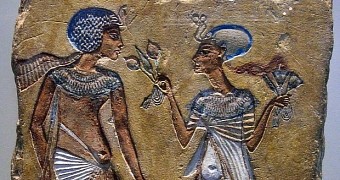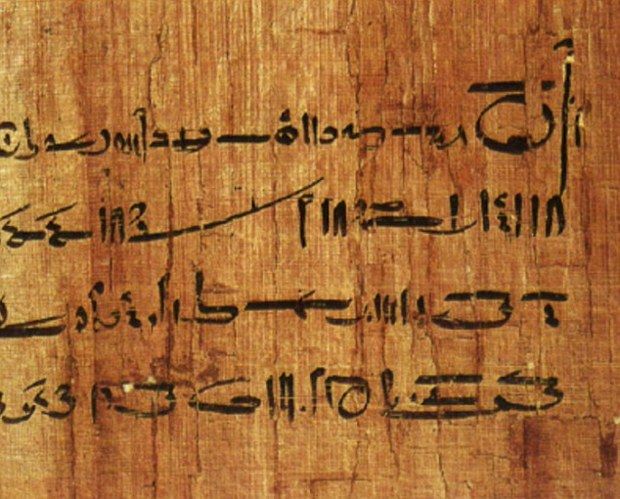Don't believe everything love songs tell you, tenderness and devotion don't always last forever. Sometimes romance goes bad and, when this happens, it's best to have a prenup drawn up, just to clarify the practical details of the inevitable breakup.
Folks in Ancient Egypt knew this and, as surprising as this might sound, they too put their names on prenuptial contracts. In fact, archaeological evidence indicates husbands were pressured into signing such bonding agreements.
Prenups in Ancient Egypt favored women
In a recent interview, researcher Janet H. Johnson explained that, quite often, the prenups signed by couples in Ancient Egypt would favor women.
For instance, one such contract that is now on display at the University of Chicago's Oriental Institute says that, after marriage, the wife would receive from her husband 1.2 pieces of silver and 36 bags of grain every year for the rest of her life.
True, to make the agreement stick, the woman had to pay her husband 30 silvers when marrying him. Nonetheless, the contract still sounds like a good deal.
The prenup, written on a scroll about 8 feet (nearly 2.5 meters) long, is estimated to date back to about 2,480 years ago and is clear proof that, in ancient times, women in Egypt were tough negotiators and surprisingly assertive.
Then, one other such agreement discovered by archaeologists lists the goods that a woman brought with her into the marriage when she wed her husband and stipulates that, should the couple divorce, the woman was entitled to compensation.
“One may assume that the woman and her family exerted as much pressure as they could to ensure that the husband made such a contract,” explained Janet H. Johson, as cited by DM.
The prenups were signed in the presence of witnesses
When drafting and signing prenuptial contracts, couples in Ancient Egypt would meet with a scribe and other people who had agreed to be their witnesses. The couple would both state their demands and, if their future spouse agreed to them, the scribe would write them down.
The prenups were binding and couples had no choice but honor them regardless of whether the husband or the wife was the one asking for a divorce.
In fact, researcher Janet H. Johnson says women living in Ancient Egypt had plenty more legal rights than one would assume. Apart from the fact that they could petition for a divorce, they could sue, serve as juries, even own property.
True, many of them did not work and so they were dependent on the men in their lives for income, but they weren't ignored by the legal system.

 14 DAY TRIAL //
14 DAY TRIAL // 

